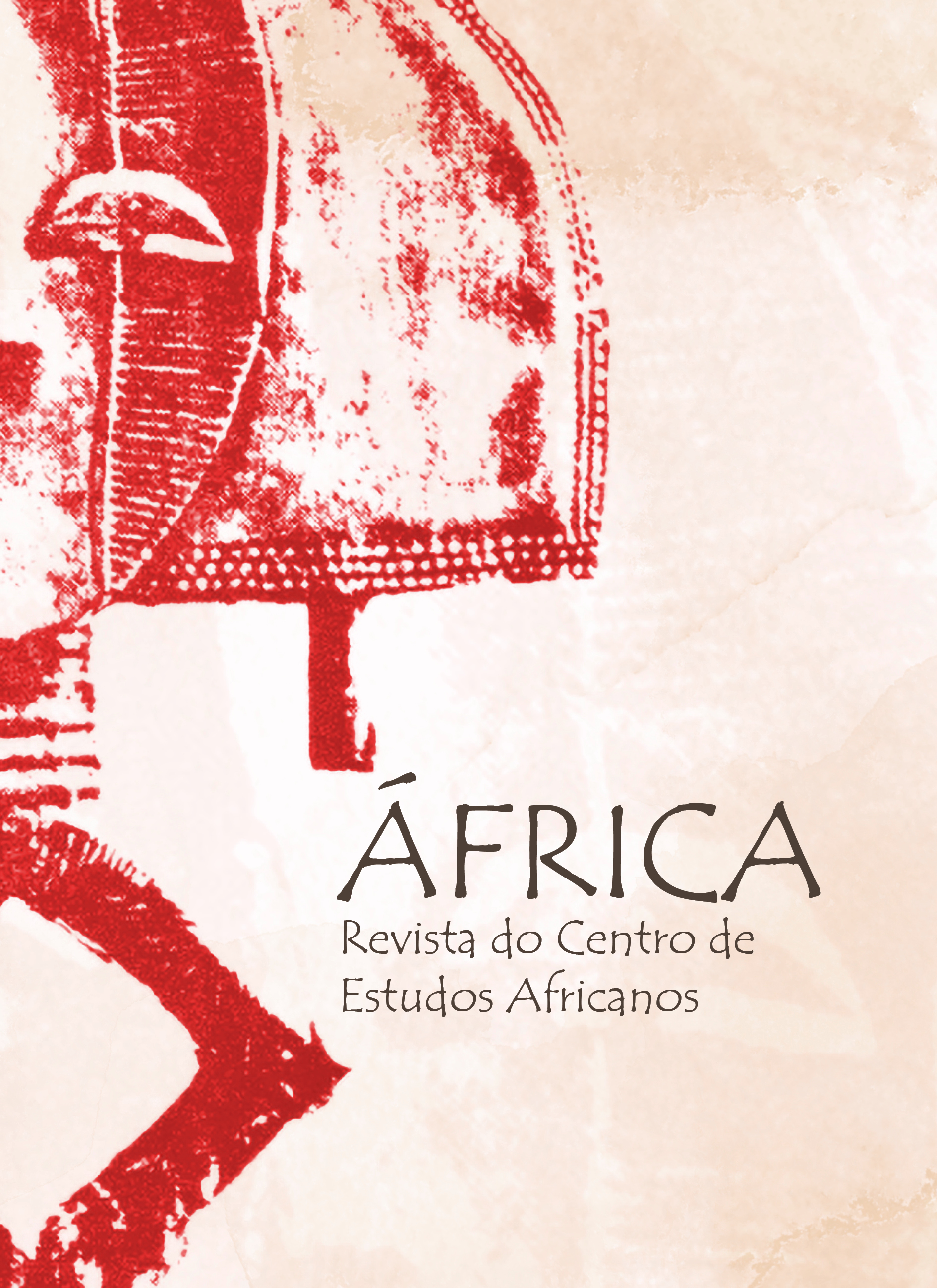On how not to write about being colonized
DOI:
https://doi.org/10.11606/issn.2526-303X.i42p123-141Palabras clave:
African History, Jan Vansina, Cheik Anta DiopResumen
The objective of this essay is to assess the impact of Jan Vansina’s and Cheikh Anta Diop’s work on how African history has been constructed since 1960. This is only the beginning of a longer project related to framing “history” as such through “African history”. The intellectual framework (or starting point) of the essay is provided by Fanon’s call to arms in his conclusion to The Wretched of The Earth. His call to arms was not violence, for the sake of violence. It was a call for “stopping to pay tribute to Europe”. In the name of humanity, he called for moving away from imitation. Fanon’s understanding of Africa did not come from a study and/or understanding of African psychiatry. African history, as seen by Jan Vansina and his students, has been constructed in the manner of “paying tribute to [altruistic--jd] Europe”, as if there was no other way to understand African history but through the intellectual and theoretical lenses borrowed from European intellectual history. This can be seen by looking at the work of two major figures: Jan Vansina , on the one hand, and, on the other, Cheikh Anta Diop. The title of this essay has been inspired by the title of Vansina’s latest book: Being Colonized (2010) that provides clues to how he understood colonization through his own research among the Bakuba. Besides using research data that had been collected in the 1950s (during Belgian colonial rule), Vansina assumes that his familiarity with the Bakuba puts him in a privileged position to understand colonization from their perspective. This is not different from the perspective of the missionaries and/or goodhearted Europeans who, as Fanon pointed out, speaks about humanity wile slaughtering it wherever they met it.
Descargas
Referencias
DEPELCHIN, Jacques. Silences in African History: Between the Syndromes of Discovery and Abolition. Dar es Salam: Mbuki Na Nyoto Publishers, 2005.
HOCHSCHILD, Adam. King Leopold's Ghost - A Story of Greed, Terror and Heroism in Colonial Africa. São Francisco: Houghton Mifflin Harcourt (HMH), 1998.
PROCTOR, Robert. Golden Holocaust: Origins of the Cigarette Catastrophe and the Case for Abolition, Berkeley: University of California Press, 2012.
VANSINA, Jan. Being Colonized. The Kuba Experience in Rural Congo, 1880–1960. Madison : The University of Wisconsin Press, 2010.
Descargas
Publicado
Número
Sección
Licencia
Derechos de autor 2021 Jacques Delpechin

Esta obra está bajo una licencia internacional Creative Commons Atribución-NoComercial-CompartirIgual 4.0.
A reprodução de qualquer dado, mesmo em resumo, de matéria contida nesta publicação, só será permitida com a citação do nome, número e o ano desta revista.




